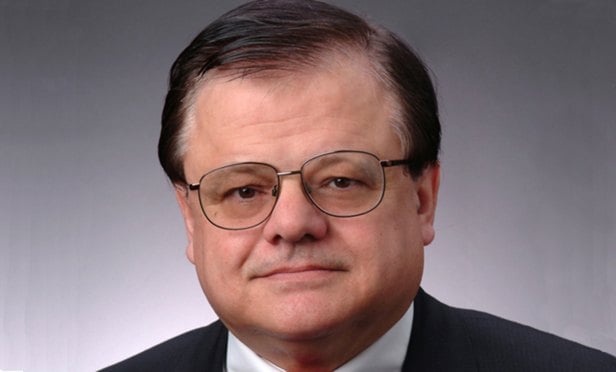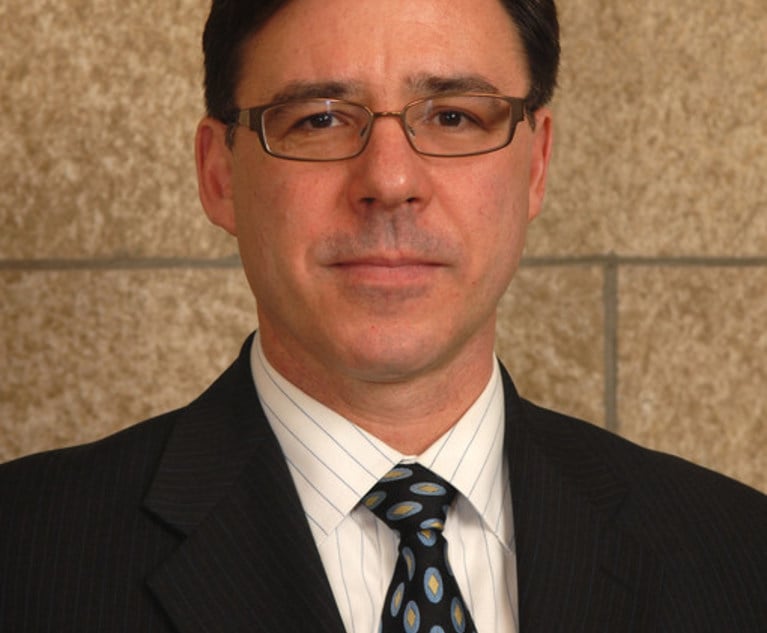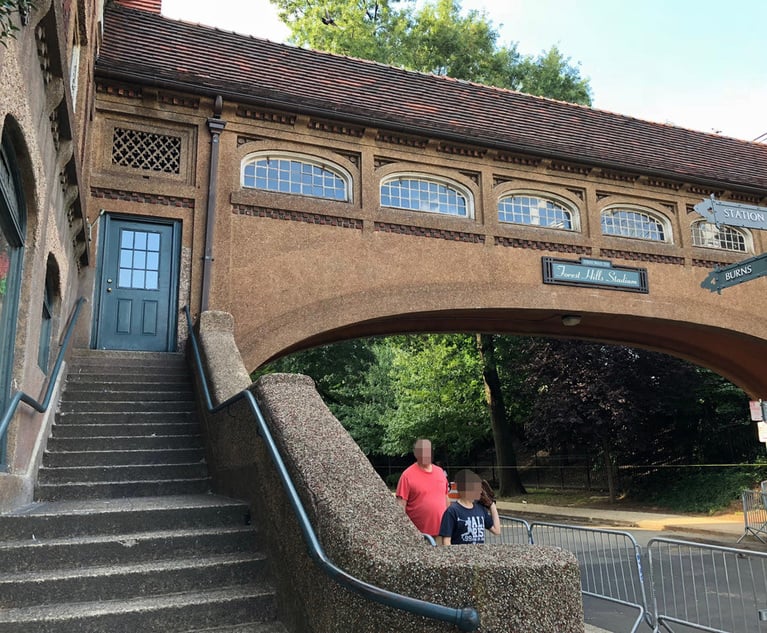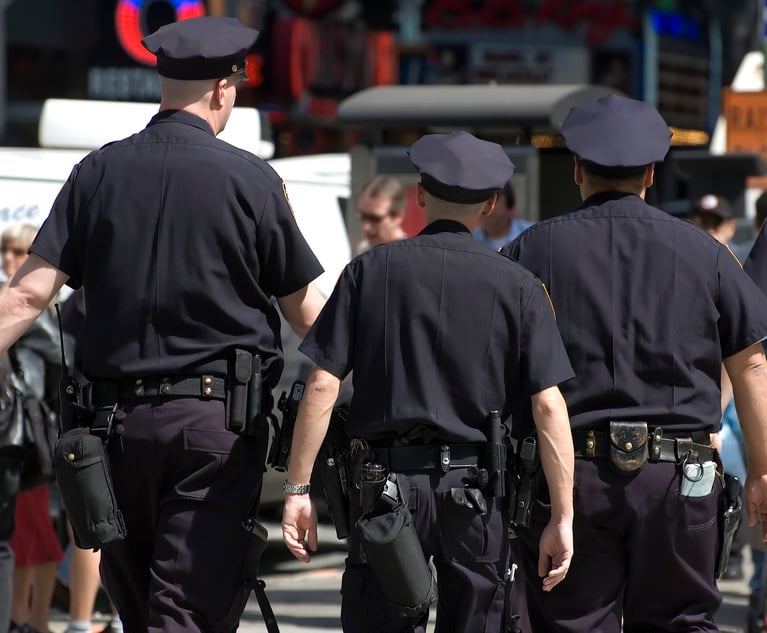An attorney in New York can both legally and ethically meet with a witness, whether the witness is the client/party, a representative of the client, or a third-party witness, before the witness testifies at a deposition in an action pending in state or federal court in pretrial preparation of the action. See In re Eldridge, 82 NY 161, 171 (1880); Wolfram, Modern Legal Ethics 647-48 (1986). In the course of that meeting, the witness will invariably be shown various documents selected by the attorney. The disclosure of the documents to the witness raises three important questions: (1) Does the disclosure trigger an automatic disclosure of the documents to an adverse party as would occur if the disclosure were made while testifying at the trial or a deposition to refresh the witness’s recollection (see NY Evidence Guide Rule 8.09[2]), or does a judge have discretion to direct or withhold disclosure; (2) What conditions, if any, preclude an automatic or discretionary disclosure; and (3) Can disclosure of the documents or even their identity be precluded by a claim of attorney-client privilege, core attorney work product or work product.
In New York federal court actions, Federal Rule of Evidence (FRE) 612 and federal court decisions interpreting it provide guidance as to how these questions are determined and answered, albeit with a lack of judicial unanimity. However, in New York courts in the absence of a governing statutory provision and Court of Appeals precedent, the answers are less clear than in federal court. Prompted by a recent federal court decision, Johnson v. Baltimore Police Dep’t, 2021 U.S. Dist. LEXIS 94323 (D. Md. May 18, 2021), in which the three aforementioned questions were raised, this column will address them under both FRE 612 and state law.


 Michael J. Hutter. Courtesy photo
Michael J. Hutter. Courtesy photo




